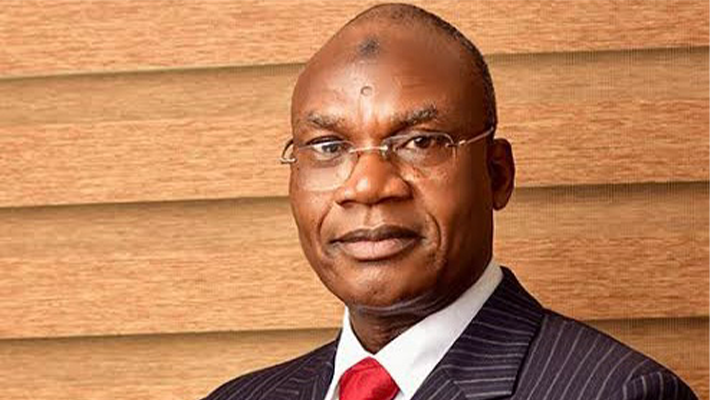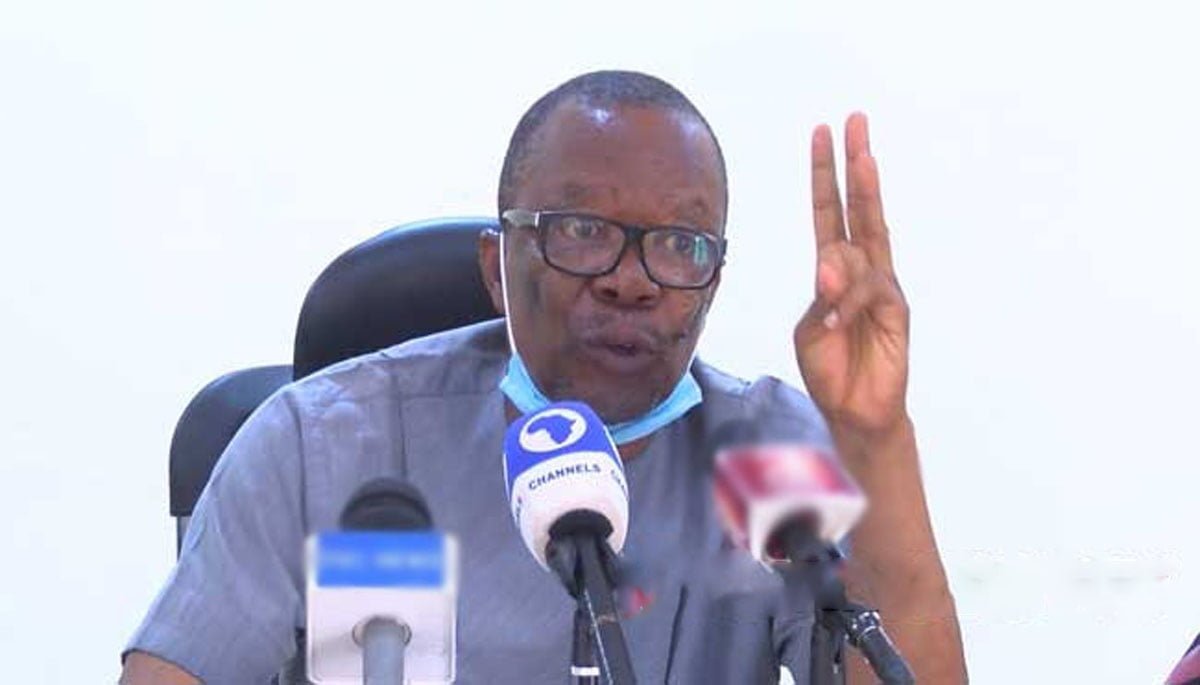Benin Republic students from Nigeria discuss why FG should unban certificates from Togo, Benin universities


The Federal Government’s recent restriction on degree certificates from universities in the Benin and Togo Republics has upset Nigerian students studying in the Benin Republic.
Following an undercover investigation by a Nigerian journalist that revealed purportedly dishonest and fraudulent procedures in colleges in both countries—including the issuance of degree certificates to Nigerian students—the Federal Government had enforced the ban.
However, the reporter himself experimented with the “illicit venture” and, after paying the hefty needed sum, received a degree certificate from a Benionize University within six weeks.
Mr. Favour Ikenna, the head of the National Association of Nigerian Students (NANS), Benin Republic branch, stated that they and other legitimate students in the two countries were already confused by the government’s decision to forbid degree certificates from the two nations.
In the interest of thousands of Nigerians who are lawfully pursuing education in the two Francophone countries, Ikenna, a final-year student studying computer science at the Institute Superieur De Communication Et De Gestion (ISCG University), Abbatoir Carrifour, Cotonou, has appealed to the Nigerian government to reconsider its action by lifting the ban.
According to him, Nigerian students in various universities in Benin Republic alone are up to 10,000 and they are there as legitimate students.
While explaining that they secured their admissions legitimately, Ikenna added that they also engage in other lawful activities expected of them as students.
He stated: “It is not all Nigerian students in Benin Republic and Togo who buy certificates and we also believe it can’t be all their universities selling certificates.
“We know for sure that many of us in the two countries are legitimate students and we go through a lot to acquire our certificates. We take our education seriously and spend three to four or more years to earn the certificate depending on our mode of studying either as the regular or direct entry students.”
While urging Nigerian government to investigate the veracity of the news report and to also strengthen the operational system of the government agencies and authorities alleged of weak system including the Nigerian Immigration Service, federal ministry of education and the National Youth Service Corps (NYSC) and among other, Ikenna said certificates of students from the two countries and other countries around the world could now be subjected to thorough screening to ascertain their genuineness if in doubt, rather than placing immediate ban on those from Benin and Togo republics.
He said some of them, who are in final year classes are already warming up to be accredited and mobilised for the one-year mandatory NYSC programme back home, noting that to now ban them is tantamount to putting their destinies on hold.
In its reaction, NANS, the parent body of all students at home and abroad, while commending Nigerian government for taking step towards upholding the integrity of the academic certificates Nigerians students obtained from anywhere around the world, noted that “it is also very important to consider the negative consequences of the current ban on the legitimate and duly registered students in the two countries.”
The Senate President of NANS, Mr Akinteye Babatunde Afeez, also told Nigerian Tribune on that “many of the affected students must have invested their substantial times, energies and resources in their education pursuits and that some have even completed their studies and only awaiting approval to participate in the NYSC programme.”
He noted that with the ban, the students in question are now in a state of uncertainty, facing potential delays in their academic and professional pursuits over the offence they did not commit.
He pointed out that even though there is a need for re-assessment of certificates from those two countries, it is equally important that government does not limit thorough assessment of certificates to the two countries.
He also mentioned that government would need to strengthen its educational institutions to make them attractive to Nigerians to attend and also its relevant agencies to operate according to dictates of their establishment.
According to him, a blanket suspension of certificates from Benin and Togo republics can strain the age- long diplomatic and educational relations between Nigeria and the two countries.









